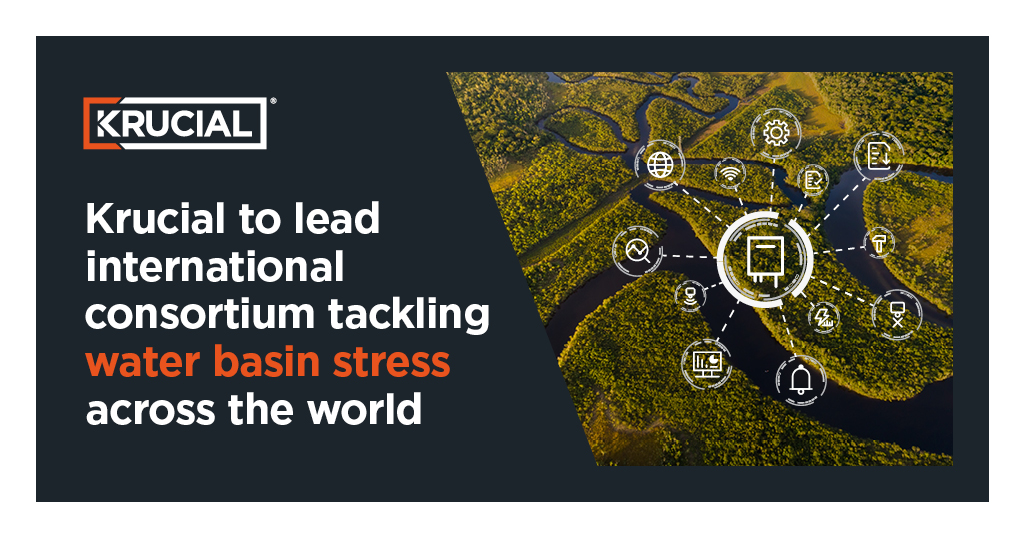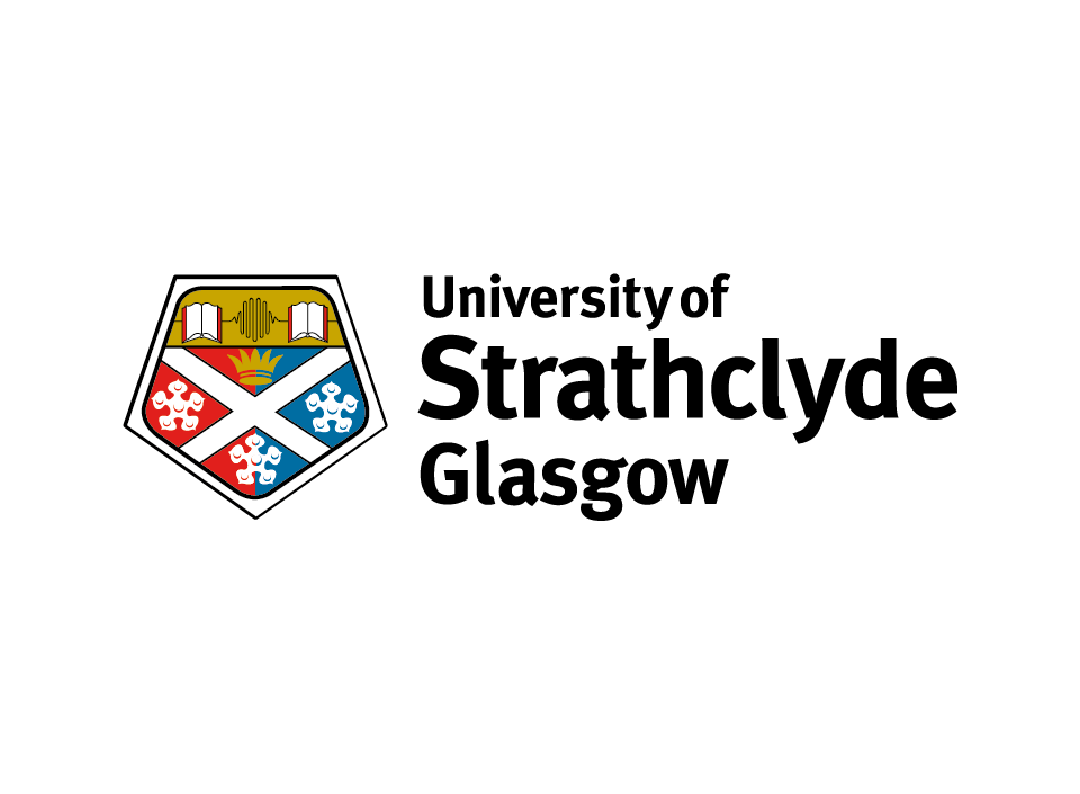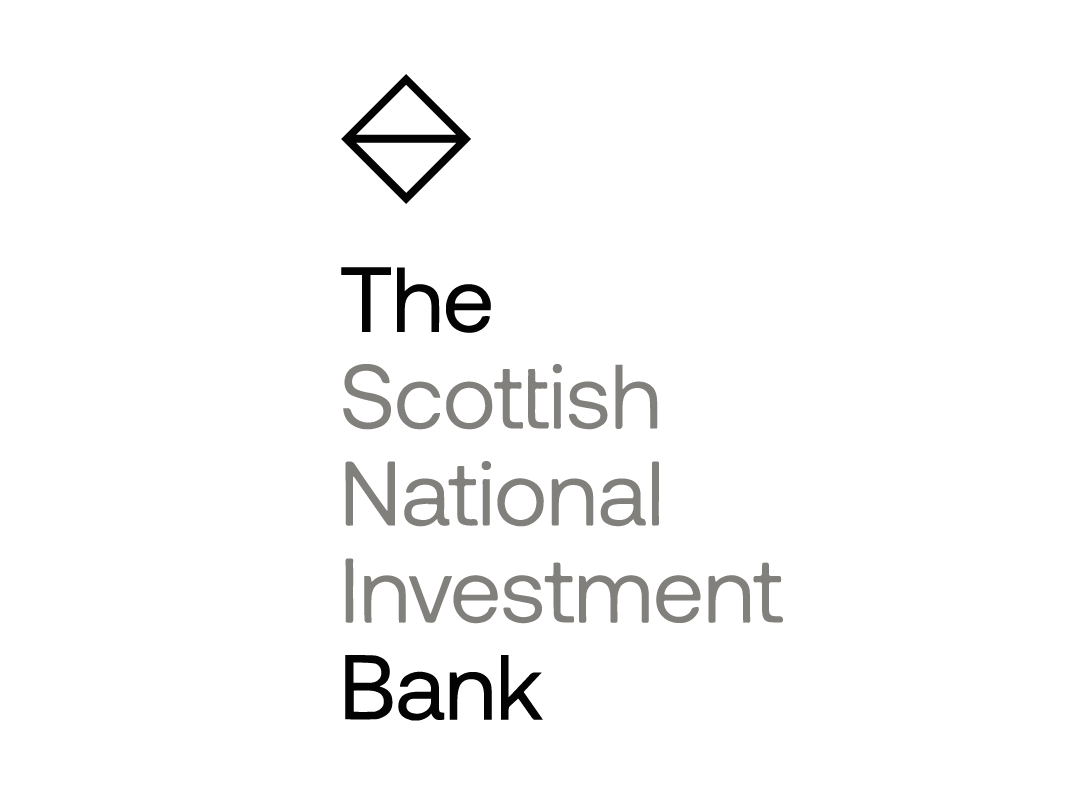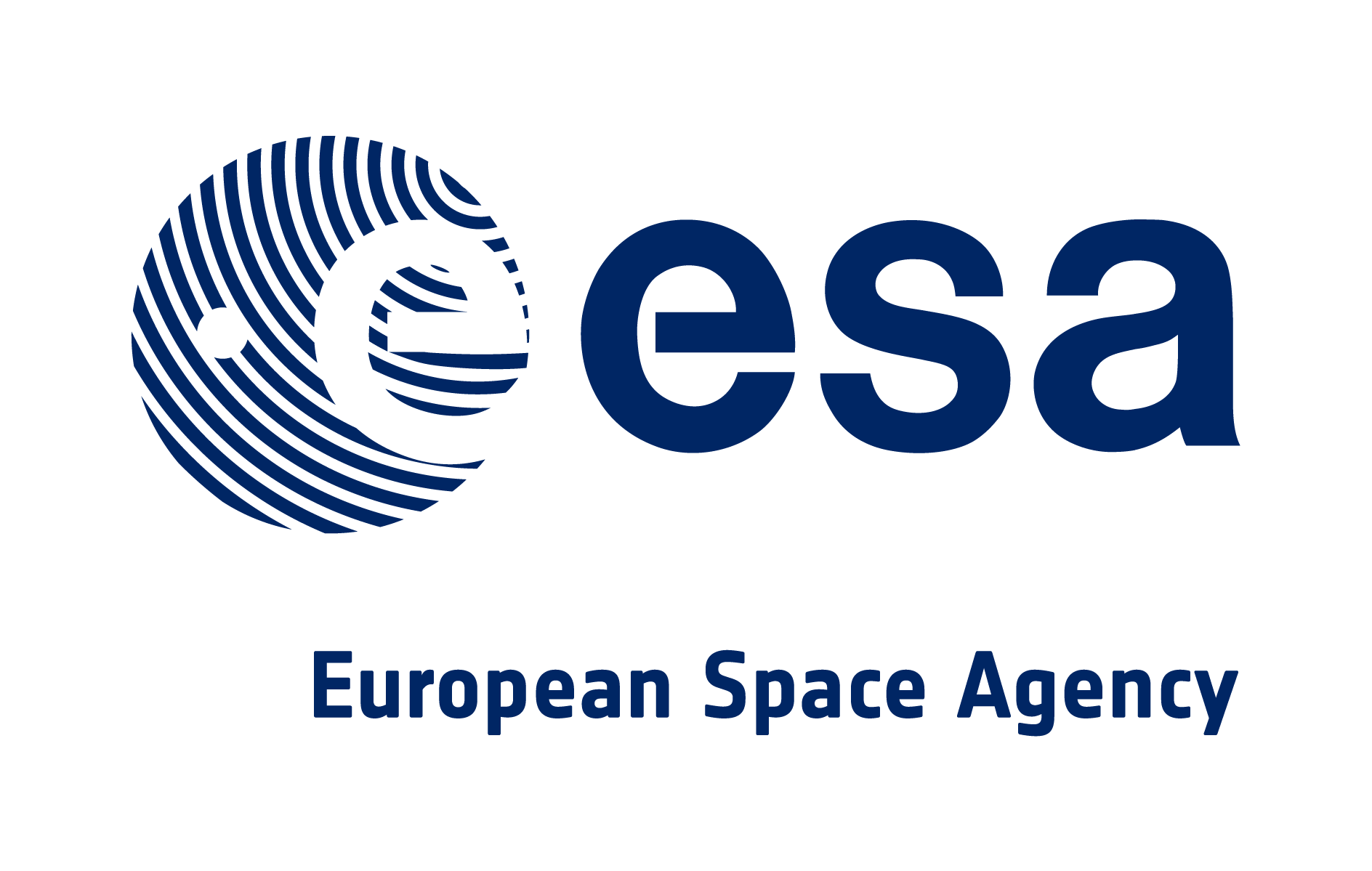Scottish Spacetech specialist Krucial to lead international consortium in ESA project to tackle global water stress

- Study led by Krucial will develop a cutting-edge end-to-end, scalable water resilience monitoring solution for water availability and quality across the 100 most-populated river basins globally, critical to more than 3 billion people.
- The tool will play a central role in efforts to create digital twins of these important water basins.
- The study is supported by the European Space Agency (ESA) through its Business Applications and Space Solutions (BASS) Programme.
- The consortium includes SAS, Deep Planet, Scotland’s Rural College and the University of Strathclyde. This project is also supported by Jacobs, Clean International and Lovexair Foundation.
Scottish scaleup Krucial, which uses space technology to provide digital solutions anywhere on earth, has been awarded a contract from the European Space Agency, to develop a water monitoring solution. This comes following the initiative launched by ESA in 2023 in partnership with CEO Water Mandate’s Water Resilience Coalition (WRC), called Digitising Water Resilience – Acting on Water Stress in Basins.
Krucial, which recently raised further funding of $3.7M, will lead a consortium including:
- SAS, the leader in data and artificial intelligence (AI).
- Deep Planet, an agtech startup and AI specialist.
- Scotland’s Rural College (SRUC), a public research institution focused on agriculture and life sciences.
- University of Strathclyde, a public research university located in Scotland.
The study has also received support from Jacobs, Clean International and Lovexair Foundation.
The consortium will develop a cutting-edge water-resilience monitoring and analysis solution. It will combine multiple data sets including in-situ ground sensor data, weather data and space-based data, moving this data from river basins to a cloud-computing platform via Krucial’s innovative hybrid connectivity technology.
The data analytics platform – powered by AI and internet of things (IoT) analytics from SAS – will analyse water levels and water quality for the Earth’s 100 most populous river basins. The platform will make this important information continuously available to policymakers, scientists, businesses and government agencies. With it, they can make better decisions about managing precious water resources.
River basins provide water for billions of people worldwide, and with a reduction in freshwater supply expected in the coming years, this project seeks to drive interventions to reduce water usage, minimise pollution and improve water resilience globally.
The technology is also expected to benefit agriculture, aquaculture and others who rely on water for business operations. They too can use the information from the platform to manage water resources, monitor flooding and drought risks and boost sustainability.
Allan Cannon, co-founder and CEO of Krucial, said:
“This project has the potential to improve the lives of billions of people, using the latest space and analytics technology to benefit water basins across every corner of the globe by enabling data-led interventions and practices. Without access to the insights that our combined solution will provide, it is impossible to take the necessary steps to tackle water stress, and I’m extremely proud that Krucial is leading the fight against climate change on multiple fronts.
“I’m confident that the end solution will be a game-changer for policymakers, businesses and communities as we face ever-increasing stress in freshwater supply. With backing from the European Space Agency and some of the biggest companies on earth, we have the chance to achieve something truly transformative for the planet.”
Cheryl Hicks, Senior Adviser to the CEO Water Mandate added:
“Digitizing information about the health of water basins, and the changing dynamics of water risk globally, provides the opportunity to exponentially advance our work on water stewardship. We are very excited about the prospect to significantly improve the data and information availability on water via this project, and our partnership with the European Space Agency.”
Jason Mann, Vice President of IoT at SAS said:
“River basins that provide water for billions of people are under the rising threat of increased demand, climate change, pollution and more. This innovative project from SAS, Krucial and others will leverage AI and advanced analytics to model and analyse data from IoT sensors, weather stations and satellites. Analytical insights on water levels and quality will help local leaders make better decisions on managing vital freshwater resources and ensuring water resilience.”
David Carter, Co-Founder and CEO at Deep Planet added:
“Deep Planet was founded with the goal of using machine learning to address environmental risk for the benefit of the planet. We are excited to support using our Satellite and machine learning technology to help transform water insights and help water custodians and users adapt to the changing climate."
Susannah Bolton, Vice Principal for Enterprise and Knowledge from Scotland’s Rural College said:
“Fresh water is a hugely important part of our natural economy, vital for nature, agriculture and society. It is very exciting to be working on such an innovative and exciting project that has the potential to support a step-change in our understanding of river basins and improved water management for the future.”
Dr Scott McGrane, Senior Lecturer in Water Resources and Climate Change and the University of Strathclyde’s co-lead on the project, said:
“Freshwater access remains a global challenge, and the climate crisis threatens this critical resource even further. This timely and exciting project will provide significant opportunities for innovative monitoring of global river basins, with the potential to transform the way management decisions are taken regarding water. Tackling grand challenges such as equitable and sustainable freshwater access requires an interdisciplinary approach, and the team that Krucial has created for this project has the necessary skills and experience to do just that. We are looking forward to contributing to the economic and environmental impact analysis of upscaling this technology to wider implementation, with potentially global impacts.”
The funding call for the project was from a partnership between the European Space Agency, CEO Water Mandate and 30+ members of the Water Resilience Coalition looking to address the global water crisis in its three dimensions: availability, quality and accessibility.
Share this article
To find out more about how Krucial support's environmental monitoring worldwide, contact us.
Recent Posts
Archives
- May 2023 (8)
- June 2023 (8)
- July 2023 (6)
- August 2023 (6)
- March 2023 (5)
- September 2023 (5)
- September 2024 (5)
- October 2024 (5)
- November 2024 (5)
- October 2022 (4)
- November 2022 (4)
- February 2024 (4)
- May 2022 (3)
- July 2022 (3)
- August 2022 (3)
- September 2022 (3)
- February 2023 (3)
- October 2023 (3)
- November 2023 (3)
- March 2024 (3)
- April 2024 (3)
- May 2024 (3)
- August 2024 (3)
- January 2025 (3)
- February 2025 (3)
- May 2021 (2)
- July 2021 (2)
- October 2021 (2)
- February 2022 (2)
- March 2022 (2)
- June 2022 (2)
- December 2023 (2)
- December 2024 (2)
- June 2019 (1)
- March 2020 (1)
- July 2020 (1)
- September 2020 (1)
- October 2020 (1)
- March 2021 (1)
- June 2021 (1)
- September 2021 (1)
- December 2022 (1)
- January 2023 (1)
- April 2023 (1)
- January 2024 (1)
- July 2024 (1)
Proud to be supported by








